You’re likely to struggle with weight

Research shows that people who oversleep tend to weigh more than those who don’t. Why? It’s possible that weight gain in sleep comes down to sheer inactivity. The longer a person is in the land of nod, the less they’re moving and crucially, the fewer calories they’re burning.
You have a higher risk of heart disease

Did you know heart disease is the number one cause of death in the United States, according to the Centers for Disease Control and Prevention? You do now. It’s time to start taking it seriously. First thing you can do is stop sleeping in so much, as it can increase your chances of developing HD.
You could develop diabetes
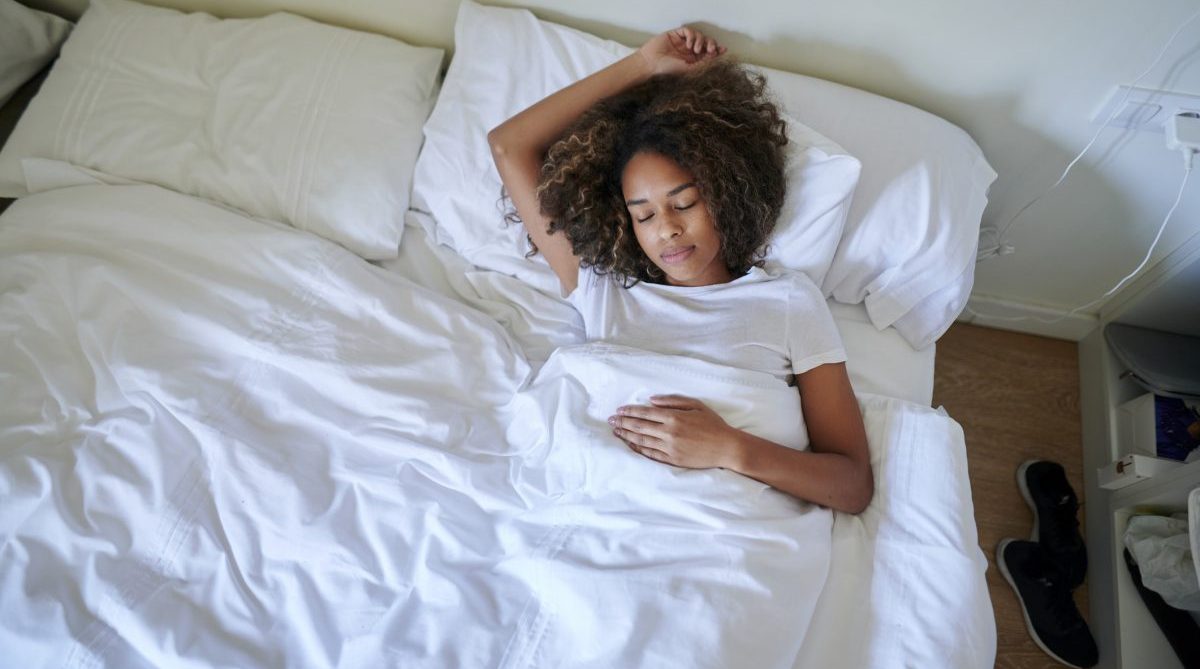
Diabetes can be kept under control a lot better than it once was these days, but it still isn’t anything you’d wish to live with. Avoid oversleeping if you want to avoid type 2 diabetes. Sleeping too much can raise blood sugar, and a sedentary lifestyle will only make matters worse. Keep fit!
You’ll get brain fog

Sleep is vital for your brain to function properly, but too much of a good thing can sometimes be a bad thing. This is one of them. Oversleeping will give you the worst brain fog. Aim for seven to nine hours and avoid caffeine if possible, especially before bedtime. Try and put your smartphone in the corner of your room.
It worsens inflammation
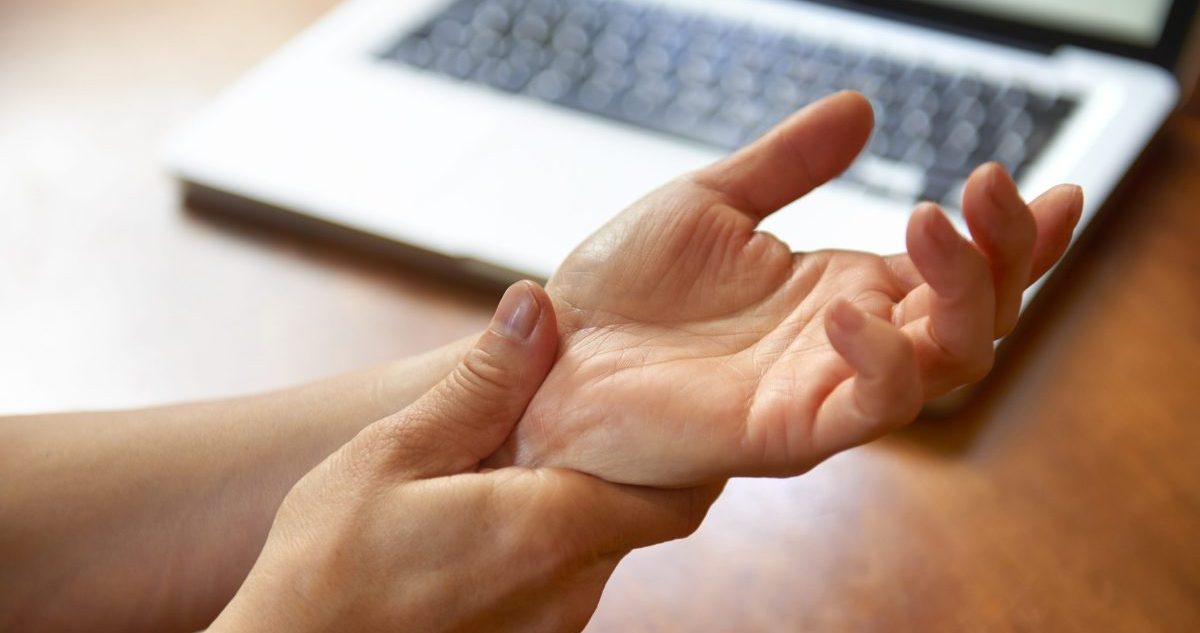
Inflammation is never a good time, is it? Whenever you hear that word, you know it’s bad. We’re afraid this entry is no exception to the rule. Oversleeping worsens generalized inflammation, which is your body’s normal response to an injury or illness. This long-term inflammation can damage tissues in your body. Ouch.
You have a higher risk of suffering a stroke
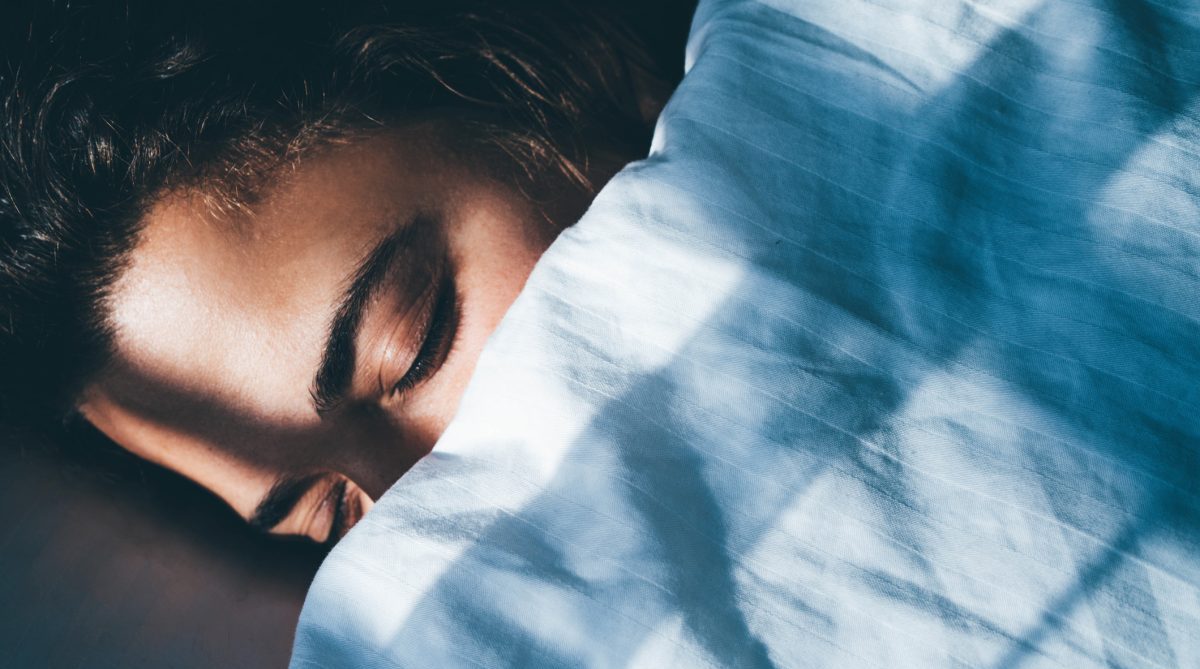
A study showed that those who reported sleeping nine or more hours each night had a 23% higher chance of experiencing a stroke than those sleeping less than eight hours each night. Stroke risk was also 25% higher among those who took midday naps for at least 90 minutes with those napping for less than 30 minutes.
Your immune function may decrease
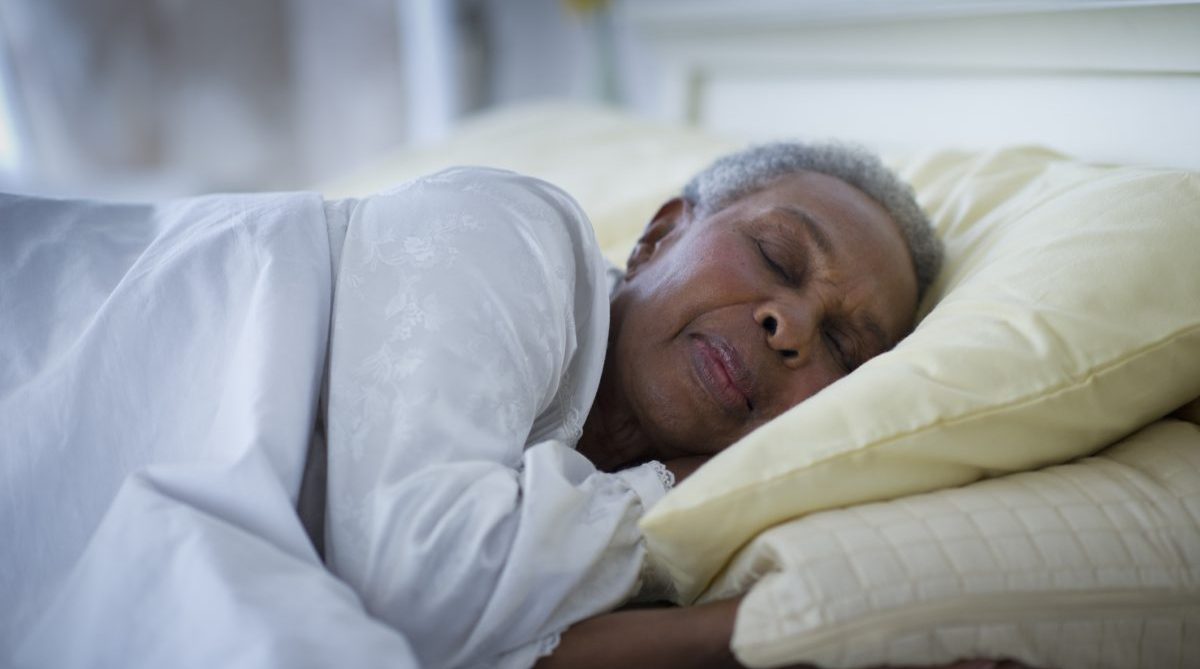
If you are oversleeping because you tend to wake up in the middle of the night, these sleep disruptors are probably interrupting your sleep stages. Depending on which sleep stage this is, your body and brain may not have gotten all the time they need to restore and repair your muscles.
You have a higher risk of dying younger

Oversleeping, generally speaking, puts you at a higher risk of dying younger. Researchers have found a link between people who usually sleep for longer than eight hours a night and their chances of developing serious illnesses or dying prematurely. Don’t skip your alarms, people!
You could get depressed
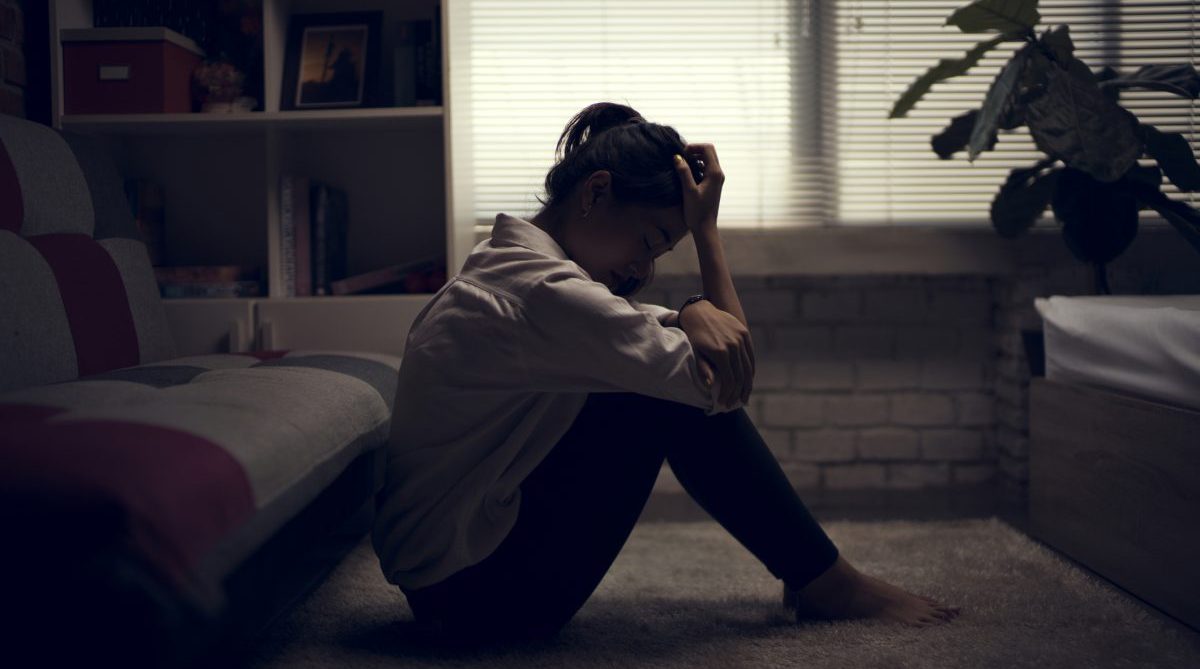
This is a bit of a chicken-and-egg situation. You could be sleeping too much because you have become depressed, and not vice versa. Insomnia is also more commonly linked to depression. Still, roughly 15% of people with depression sleep too much, making their depression worse in the long run. Regular sleeping habits are important in recovering from such a condition.
You could get headaches

Weird, no? When you have a headache, all you want to do is close your eyes and go to sleep. Now we’re finding out it’s the sleep that can cause them. Researchers believe this is due to the effect oversleeping has on your serotonin levels and other neurotransmitters. Sleeping too much during the day may also increase headaches.
You have a generally lower quality of life
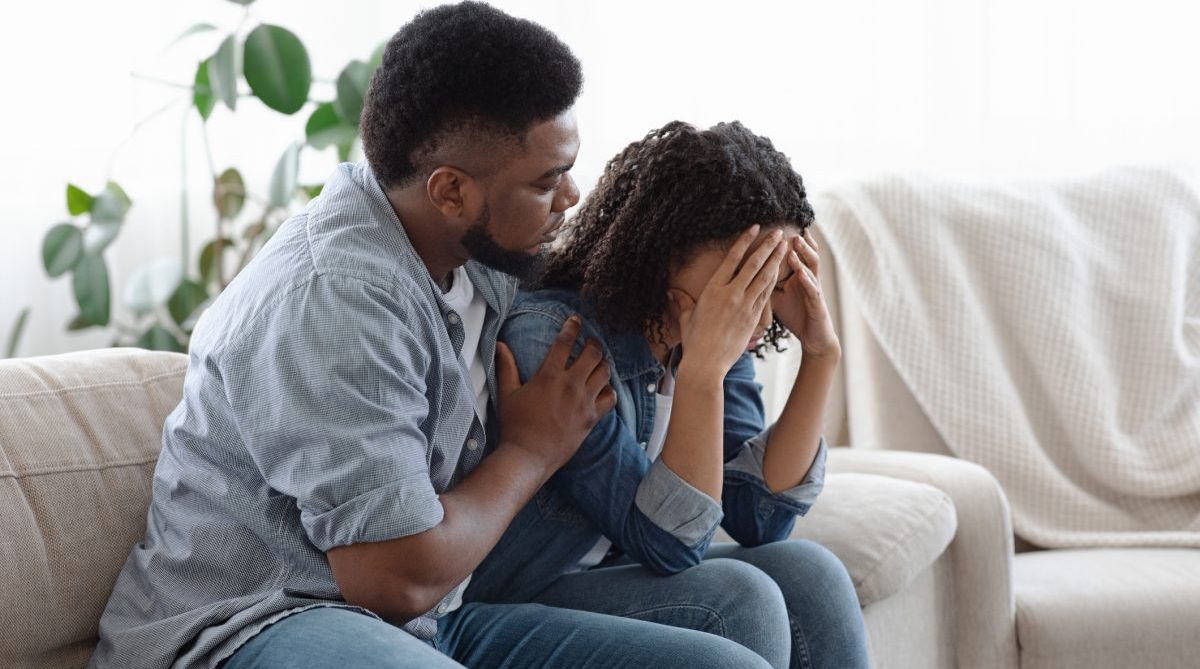
Of course, if you’re oversleeping and wasting precious hours of your day in a slump, you’re negatively affecting your quality of life. You will have less time for hobbies, exercise and meaningful friendships and relationships. There is plenty of research on the benefits of both socialising and physical activity.
You could be sleep-deprived
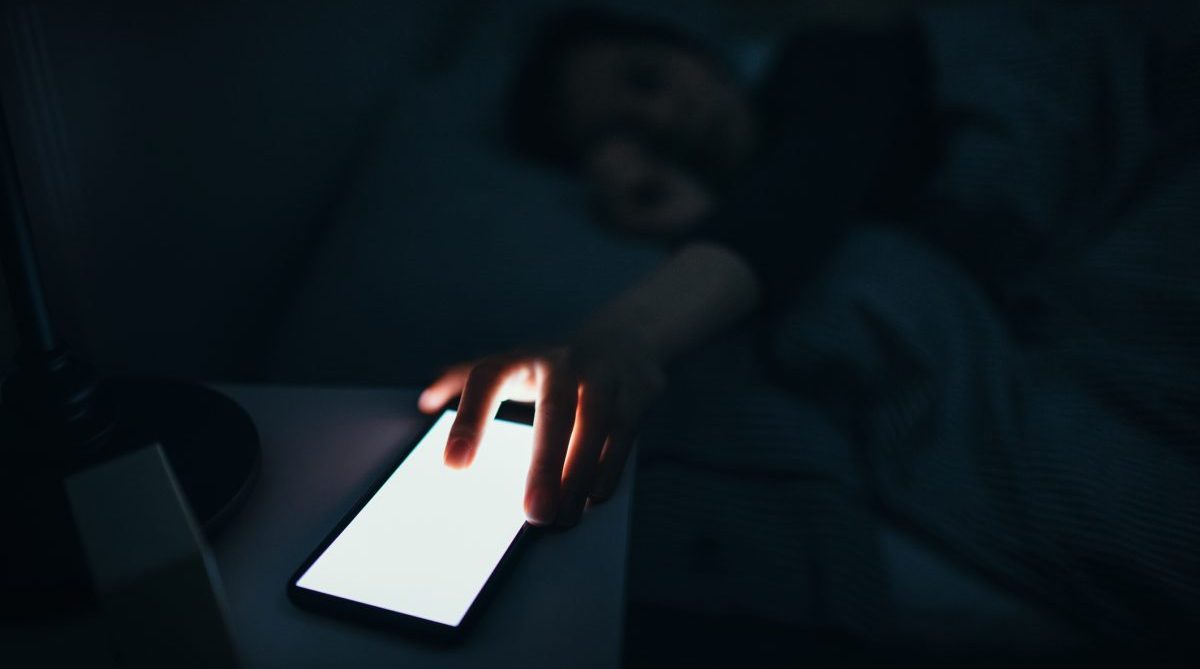
If you get three poor days of sleep, then the next four will probably be indulgent. The majority of Americans are not getting a proper night’s sleep. Given the opportunity, they jump at the idea of a ten to 12-hour gargantuan snooze. The advice remains the same stick to a consistent sleep schedule for maximum happiness and health.
You may have hypothyroidism
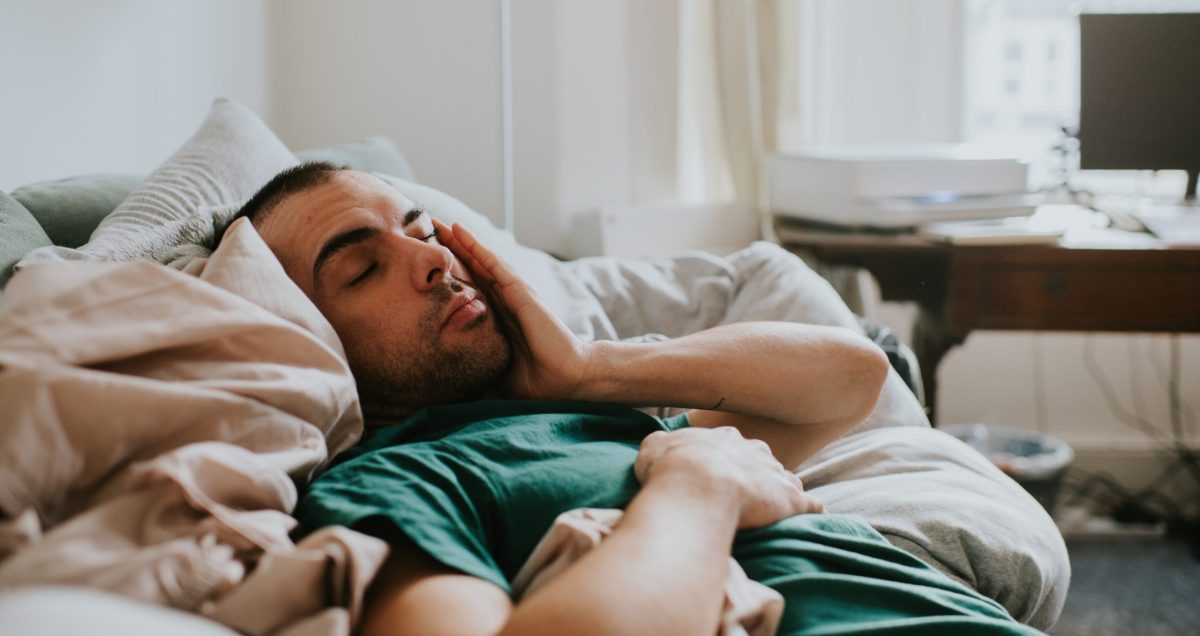
Hypothyroidism is when your thyroid gland doesn’t produce enough hormones. Common signs can include tiredness, weight gain and feeling depressed. Sure, it’s a bit of a long shot, but this could be the reason you’re feeling so groggy and wanting to sleep all the time. Luckily, treatment is widely available for this condition.
You get back pain

Do you have back pain? You should lie down for a couple of hours. That’s what the advice used to be. Today, a doctor is more likely to advise you to get out in the open air and explore. Maintaining a respectable level of activity will solve your bad back quicker than slouching around will.
You can’t concentrate

Oversleeping accelerates the ageing of the brain and makes executing the most basic daily chore much harder. Don’t expect to sleep for 14 hours and then load the dishwasher the next day. Certainly don’t expect to do it if you’re consistently sleeping for 14 hours a day. Find the sweet spot between seven and nine hours and you’re good.
You’re likelier to get dementia

Don’t be too alarmed, but oversleeping could be a sign of dementia. Wakefulness at night, drowsiness and napping during the day are sleep disturbances associated with many kinds of dementia, most notably Alzheimer’s disease. Sleeping too much or too little can both bring on a diagnosis of that sort.
You have Lyme disease
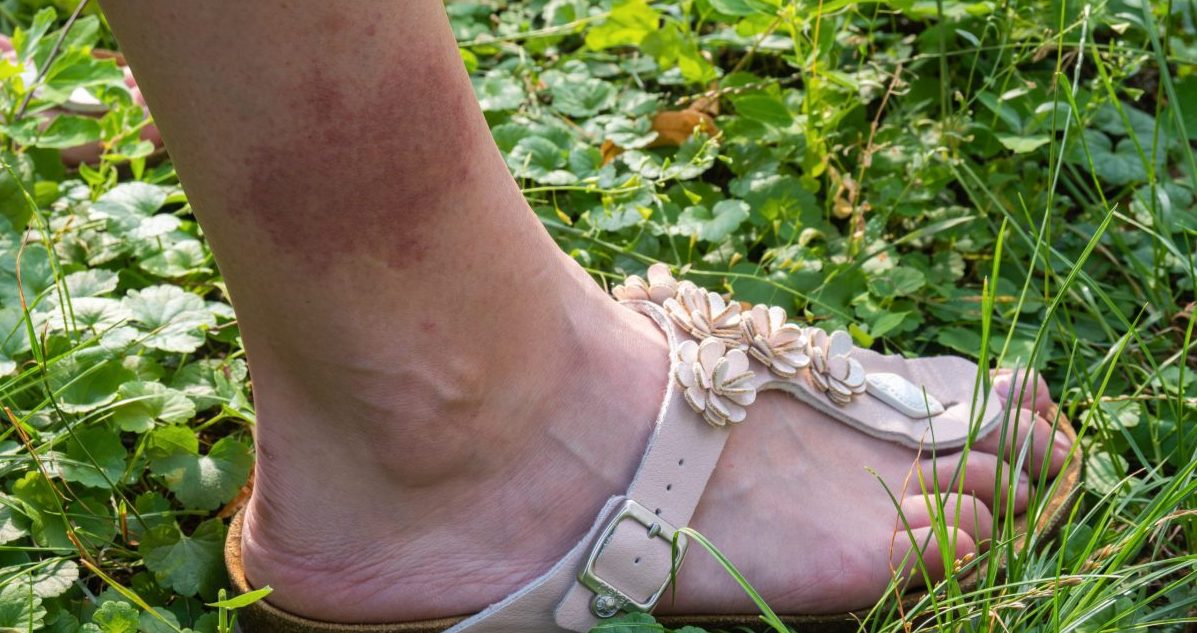
Lyme disease is a bacterial infection that is spread to humans by infected ticks and shows up in a circular or oval-shaped rash around the bite. This rash can take up to three months to appear but usually appears within one to four weeks and can hang around for several weeks. A common symptom of Lyme is oversleeping.
Your fertility can be impaired
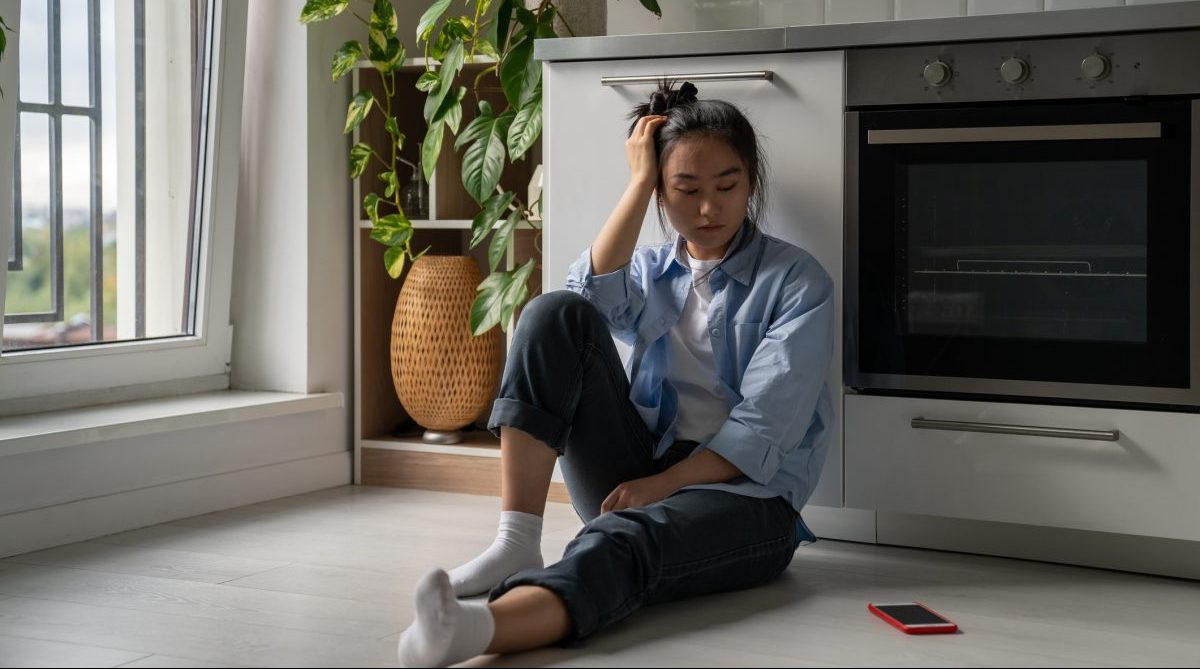
One study of successful pregnancy rates among women undergoing in vitro fertilization therapy discovered that oversleeping decreased fertility rates. Fertility was at its best when women slept between seven and eight hours per night. For nine to 11 hours per night, fertility rates dropped from 53% to 43%. Sleeping too much disrupts the body’s circadian rhythms, impairing fertility and hormones.
You become dehydrated

This is a simple one. Those who wake up four or five hours earlier than everyone will have an earlier hydration period. They will probably also drink more generally throughout the day, compared to people who sleep in until midday. This can lead to dehydration, which in turn can lead to other issues.
You may develop strained eyes
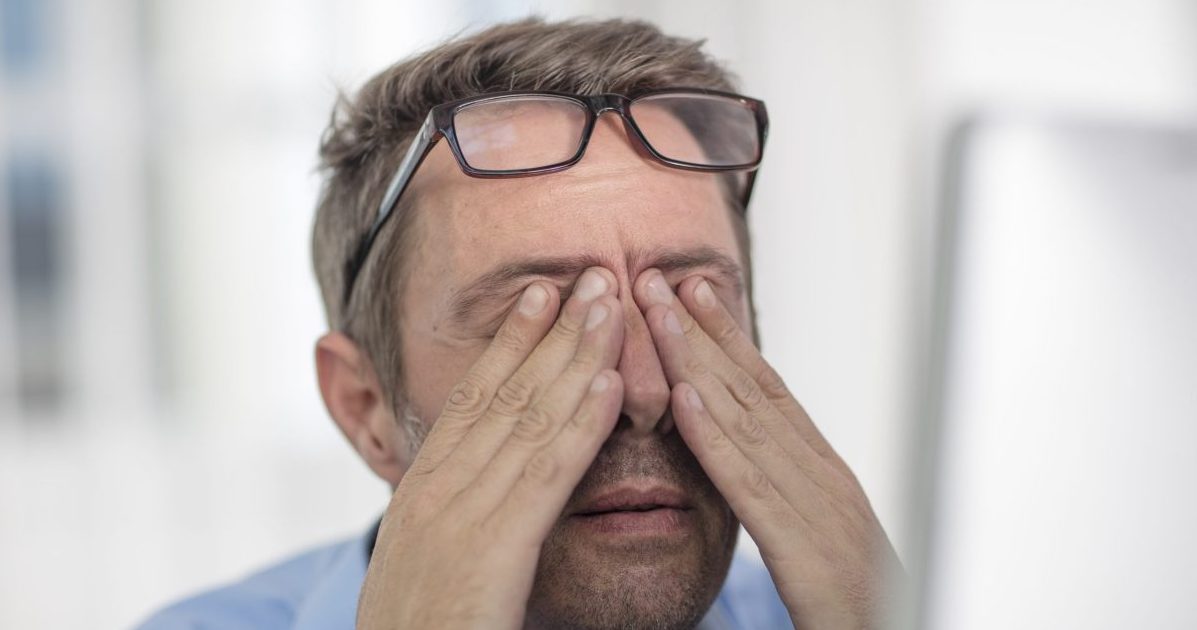
Have you ever noticed how sometimes, after five hours of sleep, you can wake up quite easily? Whereas when you wake up after ten hours of sleep, you can feel more tired than you did when you went to bed? Your body requires activity. If you don’t keep the wheels greased, they will dry up.
You may get a puffy face

For a lot of people, waking up with a puffy face comes from normal overnight fluid retention. If, however, a person gets too much sleep, this will become more noticeable. Lying down causes fluid to rest and collect in the face. Your particular sleeping position may only exacerbate this. Drink water to counteract this puffiness.
It can worsen Seasonal Affective Disorder

Some people get sad in the winter. No, literally. They get Seasonal Affective Disorder. The shorter days and colder nights increase feelings of irritability, despair, guilt and worthlessness. It also, in this case, increases lethargy. Rainy days where you can’t go out encourages people to laze about and sleep more than they should.
You could develop Parkinson’s disease

Excessive daytime sleepiness is a popular, non-motor sign of Parkinson’s disease, though experts aren’t sure whether it’s a part of the condition’s progression or caused by its medication. Evidence does seem to suggest the latter but it’s important not to rule out the former. Always check in with your doctor if you’re concerned.
You’ll have more common illnesses
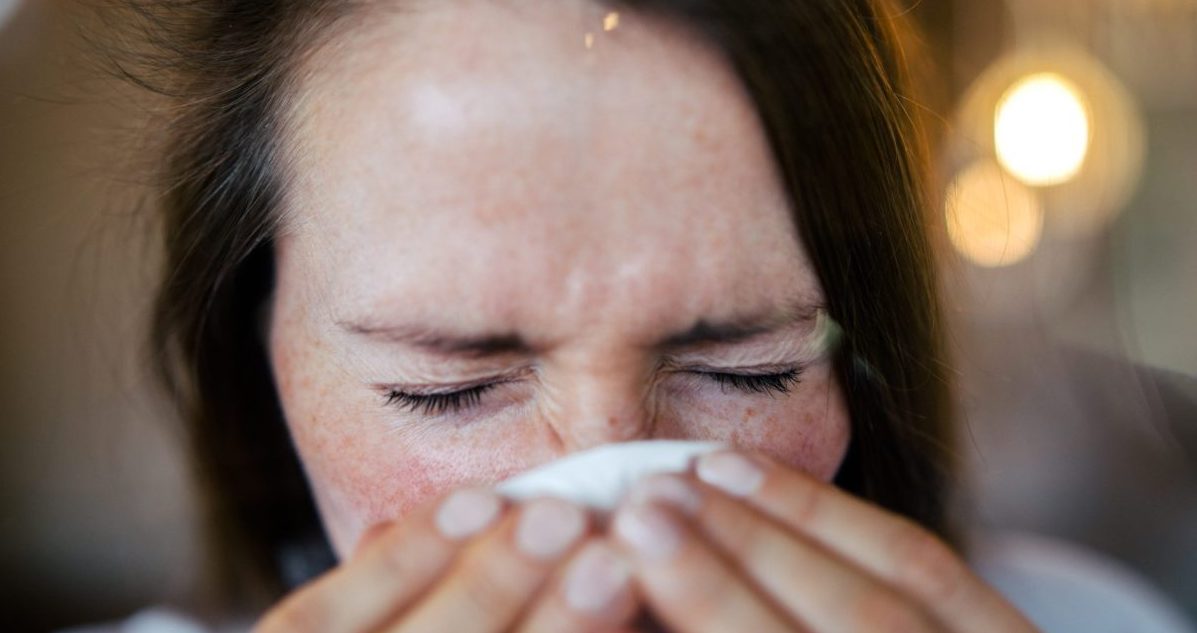
When you oversleep, you’re robbing yourself of the necessary activity your body needs to maintain a healthy immune system that can help fight common illnesses such as the flu. By sleeping ten hours every night, you will find yourself coming down with more colds and headaches. And they will last longer than average.
You’ll be more stressed
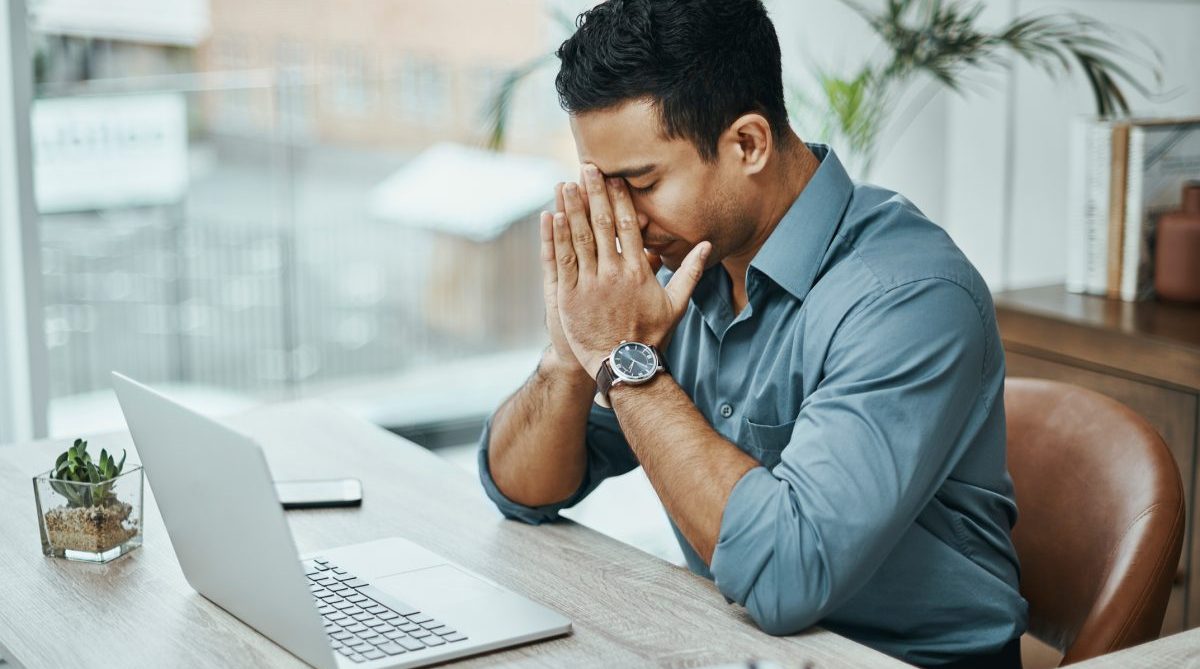
A bad sleeping pattern will cause stress and exhaustion. If this builds up over the course of two or three weeks, you may spend a whole month oversleeping to readjust your patterns. Obviously, you should be aiming for a middle ground. Anywhere between seven and eight hours is more than enough sleep for an average adult.
You can damage your hair

Yup, even your locks aren’t safe from oversleeping. The ends of your hair can suffer some pretty nasty damage while you sleep, even if you lay on your back. You can crush longer hairs without knowing or feeling it. Either set your alarm earlier or protect your ends by using essentials oils before you go to sleep.
You could hurt your knees
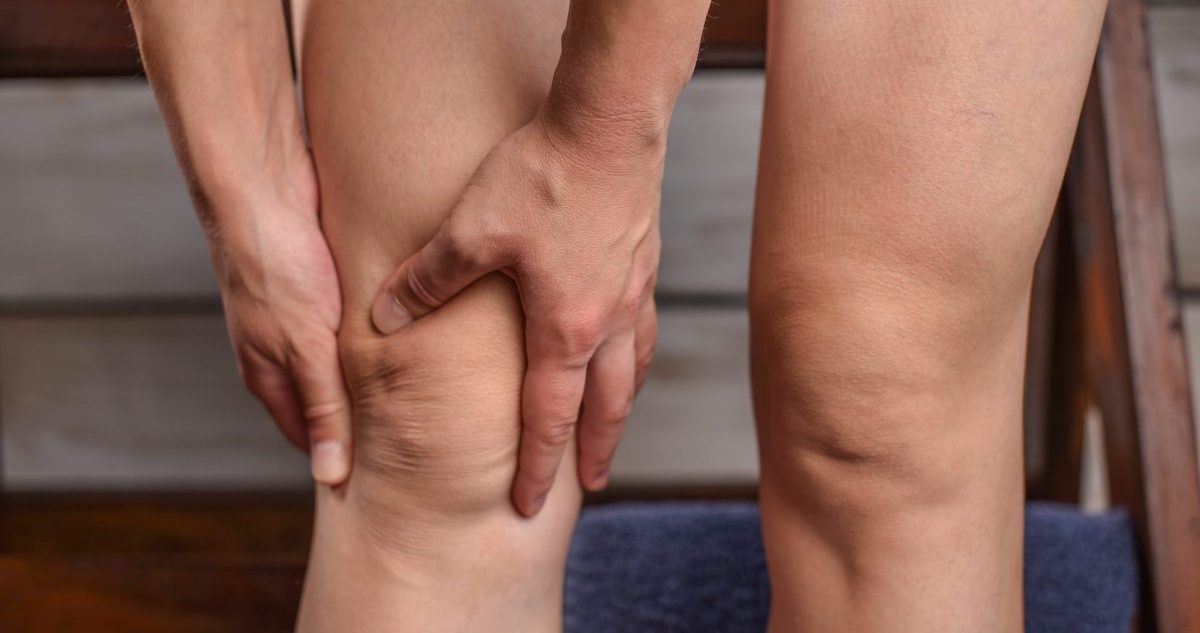
Your body is at rest when you sleep, which should go without saying, but people don’t seem to realize how easy it is to damage yourself while sleeping. The more hours you doze, the more stiff and less flexible your joints feel when you wake. Be careful not to act too quickly in the morning, as this could cause a knee injury.
You could create permanent wrinkles
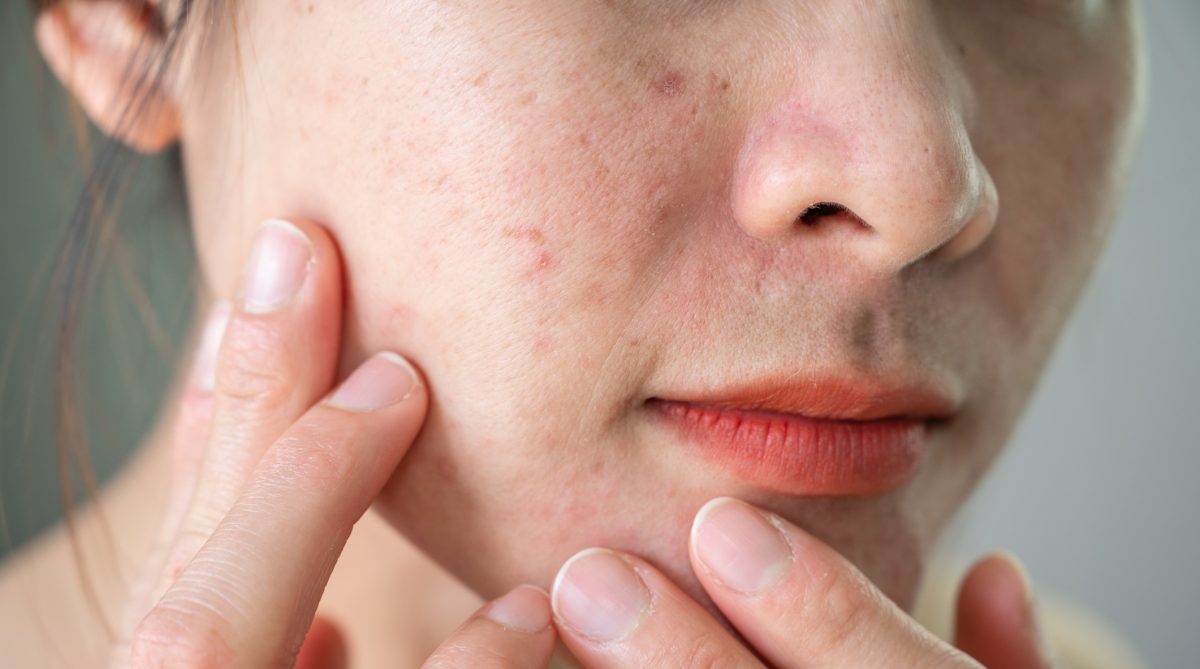
It’s common the check the mirror in the morning and find your face lined with folds and wrinkles. But they usually fade away throughout the day. If you oversleep, however, and consistently so, these folds and wrinkles can absolutely become permanent. Mix up the way you fall asleep each night or set an earlier alarm to combat this.
You will smell bad

We have harmless bacteria all over our bodies but when they mix with sweat, released from your glands during sleep, it can create a sickly, off-putting odor. This is simple math. If you sleep five to six hours longer than the average person, that smell will double in awfulness. Shower before bed and in the morning!
You may have narcolepsy
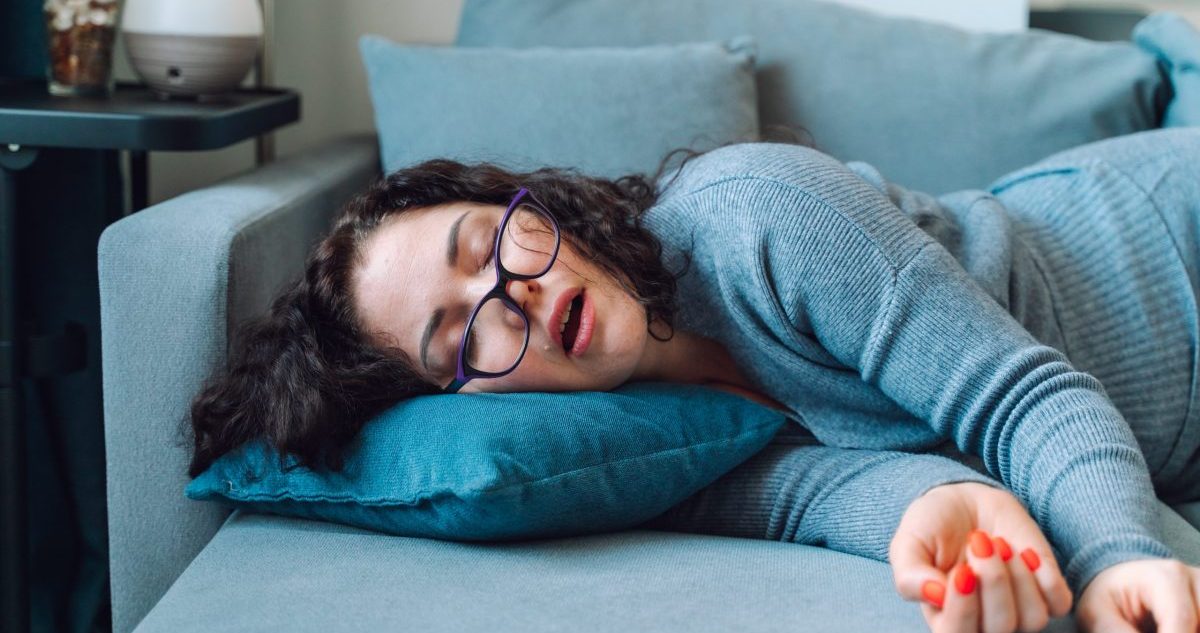
Narcolepsy is a rare brain condition that prevents a person from deciding when they want to wake up or go to sleep. Seeing as the brain is unable to regulate sleeping and waking patterns, it can result in excessive daytime sleepiness, and most famously, sleep attacks, where patients are known to drop unconscious at the click of a finger.
You may have obstructive sleep apnea
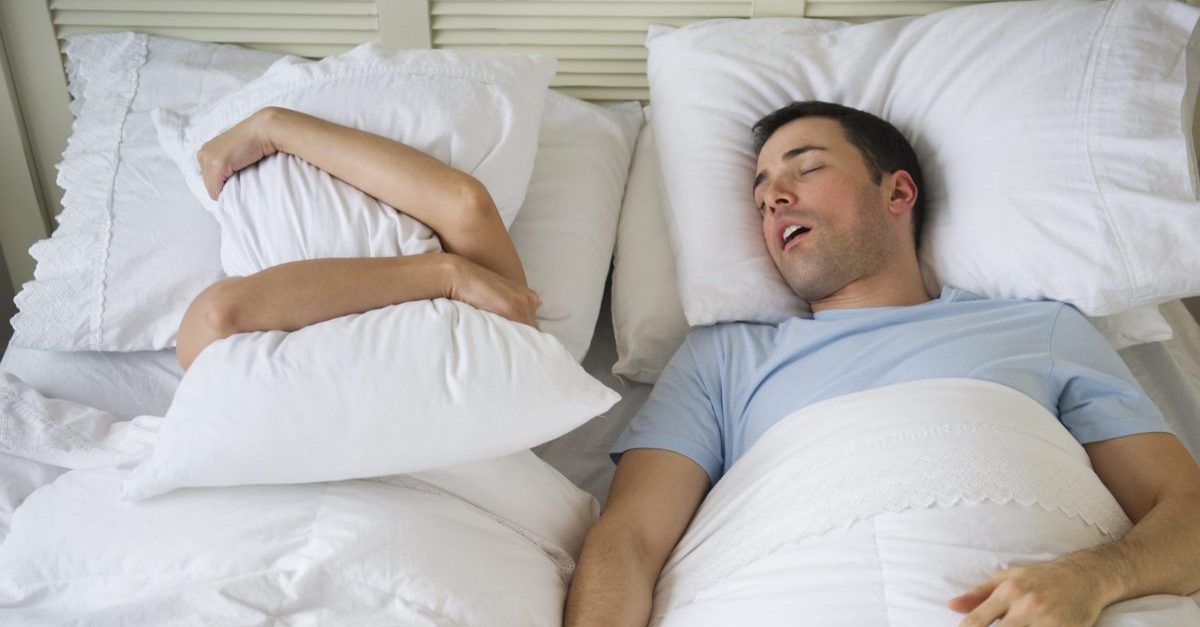
Sleep apnea is when your breathing stops and starts during sleep, the most common of which is called obstructive sleep apnea. Breathing issues are never to be taken lightly. If your partner is oversleeping and breathing funny in the middle of the night, advise them to see a doctor.
You could have restless leg syndrome
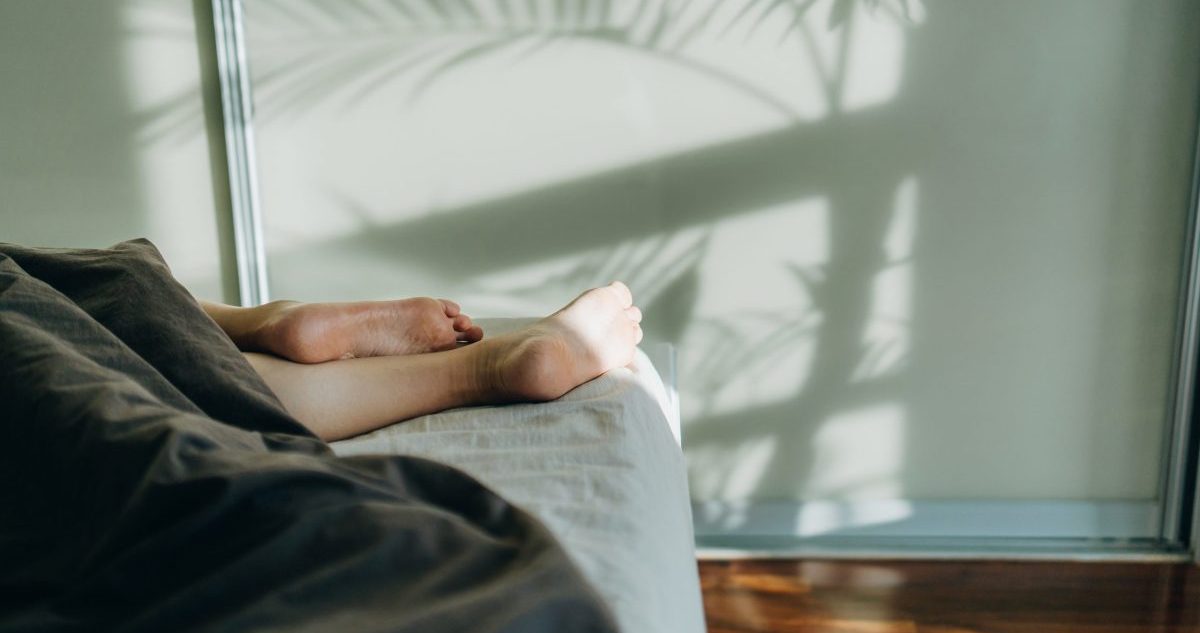
You may have restless leg syndrome. If you’re itching, prickling, pulling and shaking your leg when relaxing or lying down, it can disrupt sleep. This will inevitably lead to you oversleeping in the future, perhaps by several more hours. There’s not an awful lot you can do about RLS, besides trial-and-error habit changes.
You could be grinding your teeth
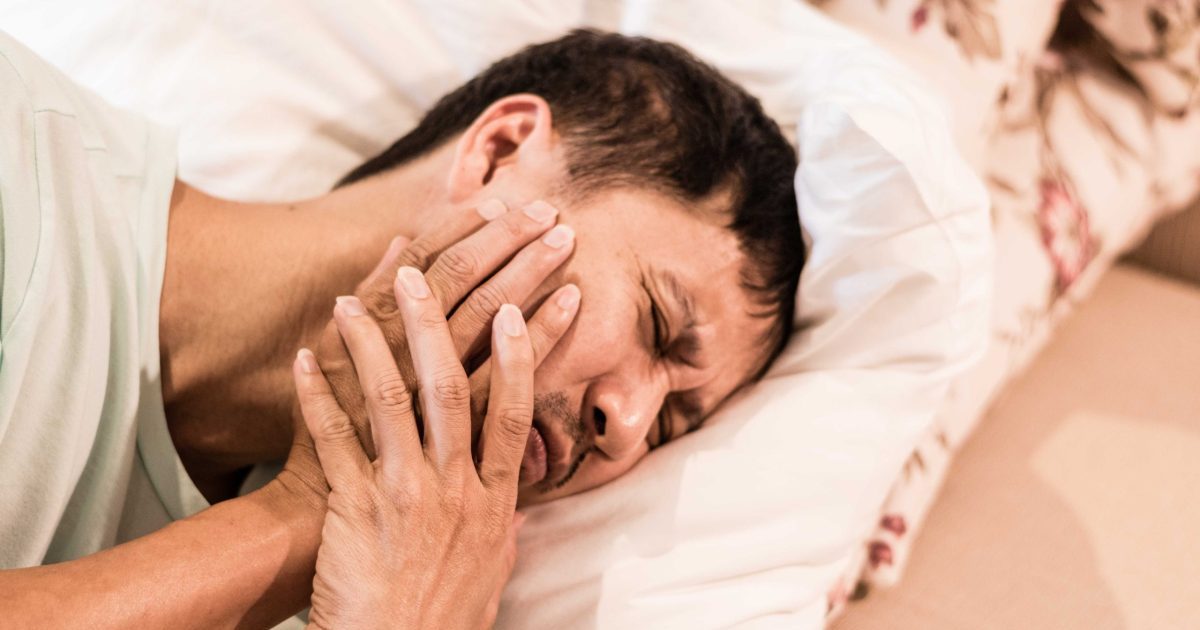
Teeth grinding or bruxism can lead to sleep disturbances in people and those next to them. By waking up multiple times in the middle of the night, they will feel the need to sleep more the next day, possibly in the daytime, leading to excessive drowsiness which could be seen as oversleeping.
You could have an autonomic dysfunction

A lot has been said about the effect sleep can have on your breathing. Oversleeping only adds to those problems. You could suffer a dysfunction of the autonomic nervous system if you have hypoventilation syndrome or some other related issues related to your cardiovascular and respiratory systems.
You could be abusing drugs or alcohol
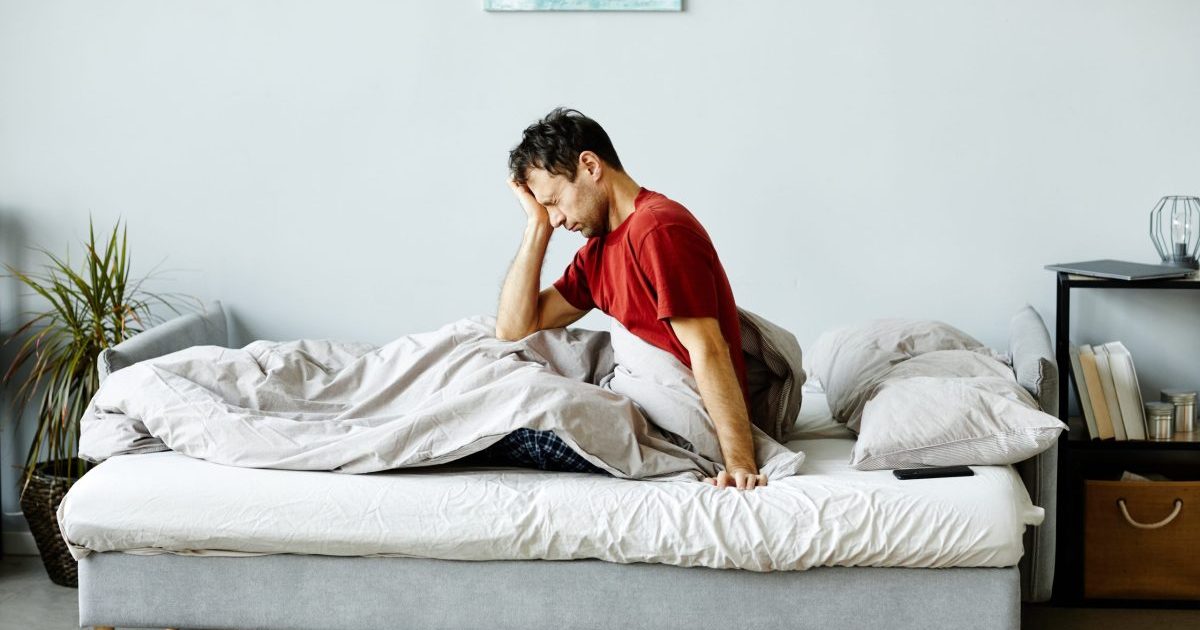
Drinking can be fun in moderation but it also blocks REM sleep, which is the period when your body restores itself. If you abuse the booze, you will block REM frequently, leading to exhaustion and eventual oversleeping. The same can be said for abusing illegal drugs. Be safe and stay away altogether.
You could be suffering from anxiety

Anxiety runs high these days, with inflation, political instability and the looming spectre of global warming. These can come between you and a good night’s sleep, one of the most vital things you need to maintain stable mental health. Panic attacks may keep you awake at night and lead to oversleeping in the future.
You could be overmedicating

Always pay attention to the recommended dose section on the back of your medication. They don’t just write that for the hell of it. Exceed it and it can lead to big problems. Sleeping pills and antihistamines can disrupt sleep patterns. Disruption leads to exhaustion and exhaustion leads to sleeping too much to make up for lost time in the future.
Your body might not be climatised
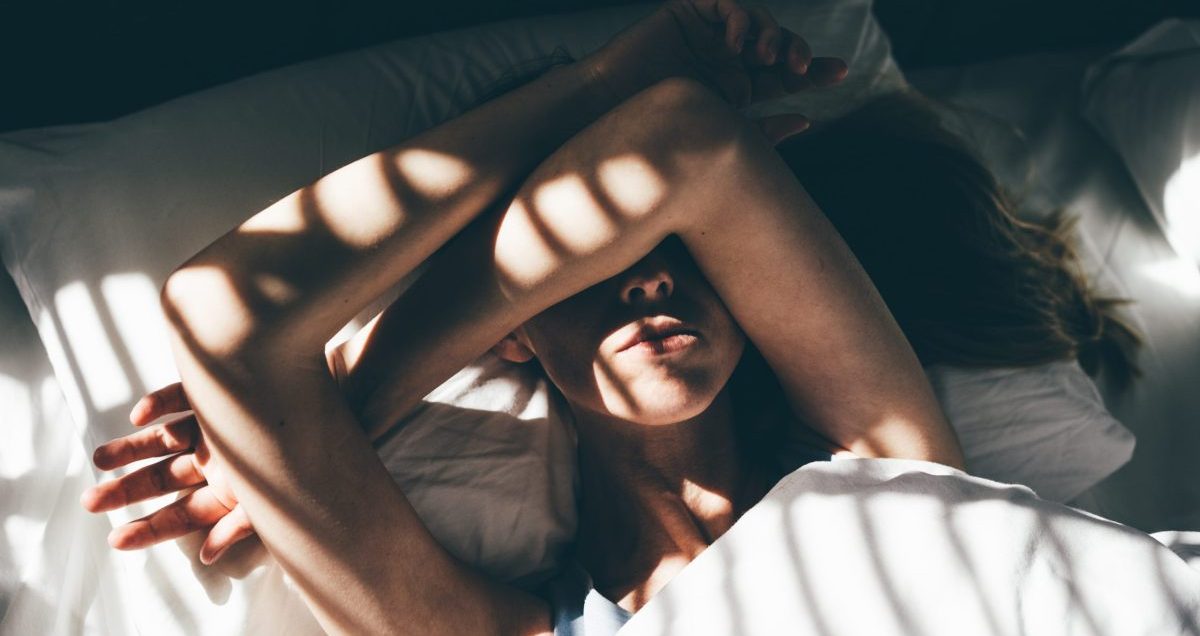
Oversleeping may come on if you move to a climate you’re not used to, such as a hot one. If you’re walking around all day in heat your body just isn’t acclimatised to, it will exhaust itself. Your body gives off warmth around the time you get to bed anyway, so adding to that will only further wipe you out.
Your immune system could benefit from longer sleep

It’s not all bad when it comes to a long sleep. In some cases, it could even benefit your immune system. One study found that participants who slept between five to six hours a night were 4.24 times more likely to develop a cold than those who slept longer than seven hours. Don’t go over ten hours, though, if you can!
You may have idiopathic hypersomnia
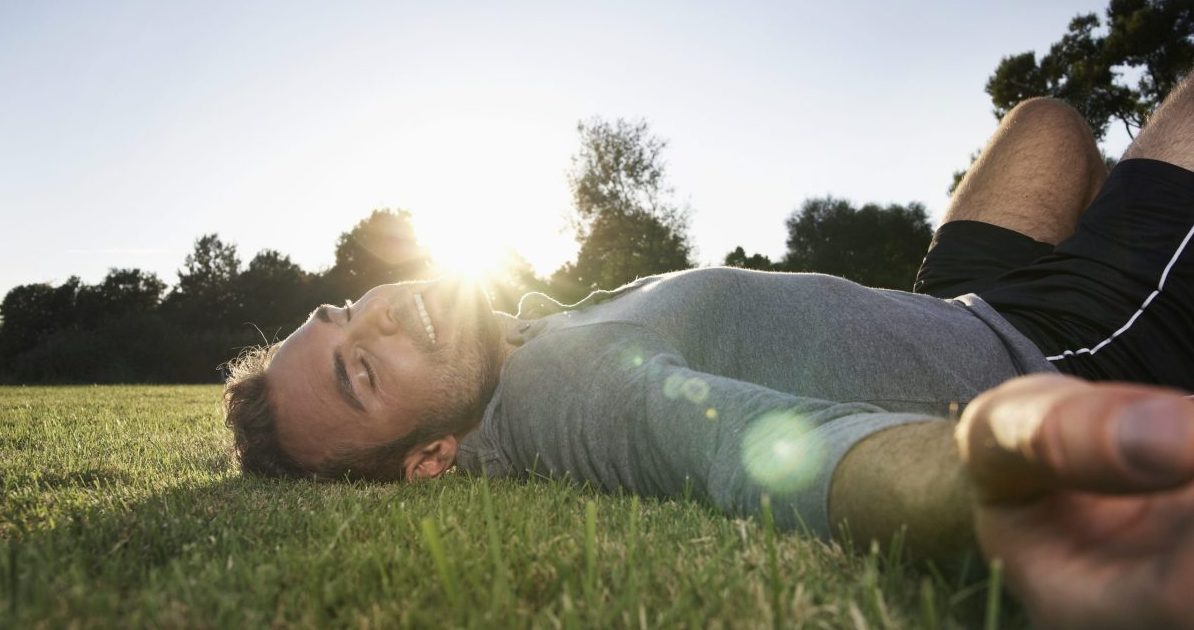
In some cases, you can go back and forth with a doctor for weeks, maybe months, and undergo all kinds of tests, and find no underlying reason for oversleeping. The diagnosis in that event is known as idiopathic hypersomnia. You may just have excessive sleepiness with no identifiable cause.